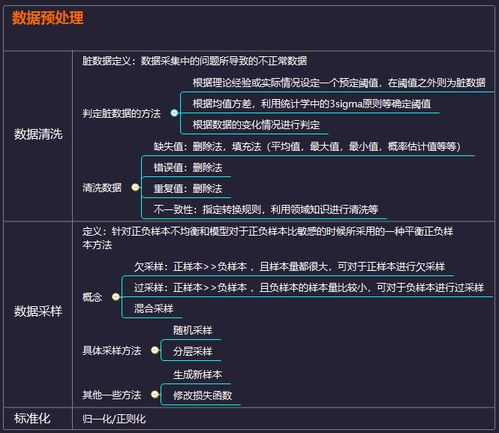MySQL Database Optimization Strategies, Enhance Performance and Efficiency
Understanding MySQL Database Optimization
MySQL database optimization refers to the process of improving the performance and efficiency of MySQL databases. It encompasses various techniques and practices aimed at enhancing query response times, reducing resource consumption, and ensuring effective data management. By implementing effective optimization strategies, database administrators can significantly improve functioning, leading to less downtime and more robust operations.
Key Techniques for Optimizing MySQL Performance
1. Indexing: The use of indexes is crucial for optimizing query performance in MySQL databases. Indexes allow the database engine to find rows quickly without scanning the entire table, thus speeding up data retrieval operations. It’s essential to identify the frequently queried columns and implement appropriate indexing strategies. However, over-indexing can lead to increased overhead during data modification operations; therefore, a balanced approach is necessary.
2. Query Optimization: Writing efficient queries is essential for optimal database performance. Use the MySQL EXPLAIN command to analyze query execution plans and identify bottlenecks. Consider rewriting complex queries for better performance, utilizing joins effectively instead of subqueries when possible. Furthermore, avoid using SELECT in queries and instead specify the needed columns to minimize data transfer.
3. Configuration Tuning: MySQL offers various configuration options that can be adjusted to optimize database performance. Parameters such as buffer pool size, query cache size, and thread cache size can significantly impact performance. Understanding the workload and adjusting these settings according to the system’s resources can lead to improved performance.
Storage Engine Considerations
Choosing the right storage engine is another critical aspect of MySQL optimization. MySQL supports multiple storage engines, including InnoDB and MyISAM, each with its unique characteristics and advantages. InnoDB is generally recommended for most applications due to its support for transactions, referential integrity, and better performance in high-concurrency environments. Analyze your application's specific needs to select the most appropriate storage engine to enhance overall performance.
Regular Maintenance Practices
Regular maintenance practices are essential to keep MySQL databases performing optimally. Regularly perform database cleanup operations to remove obsolete data and ensure that tables are optimized using the OPTIMIZE TABLE command. Backup and recovery plans should also be regularly updated to prevent data loss and maintain business continuity. Conduct periodic performance reviews and tune settings as necessary based on changing workloads.
In summary, optimizing MySQL databases involves a comprehensive approach that includes effective indexing, query optimization, appropriate configuration tuning, careful selection of storage engines, and regular maintenance practices. By implementing these strategies, database administrators can greatly enhance MySQL performance and efficiency, ensuring that the databases operate smoothly and effectively meet business needs.





